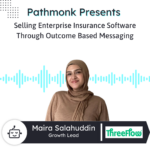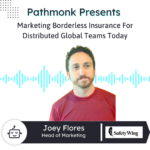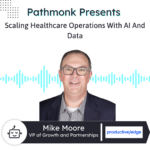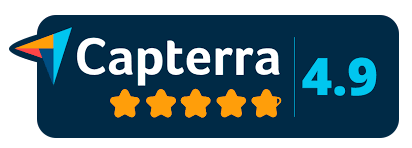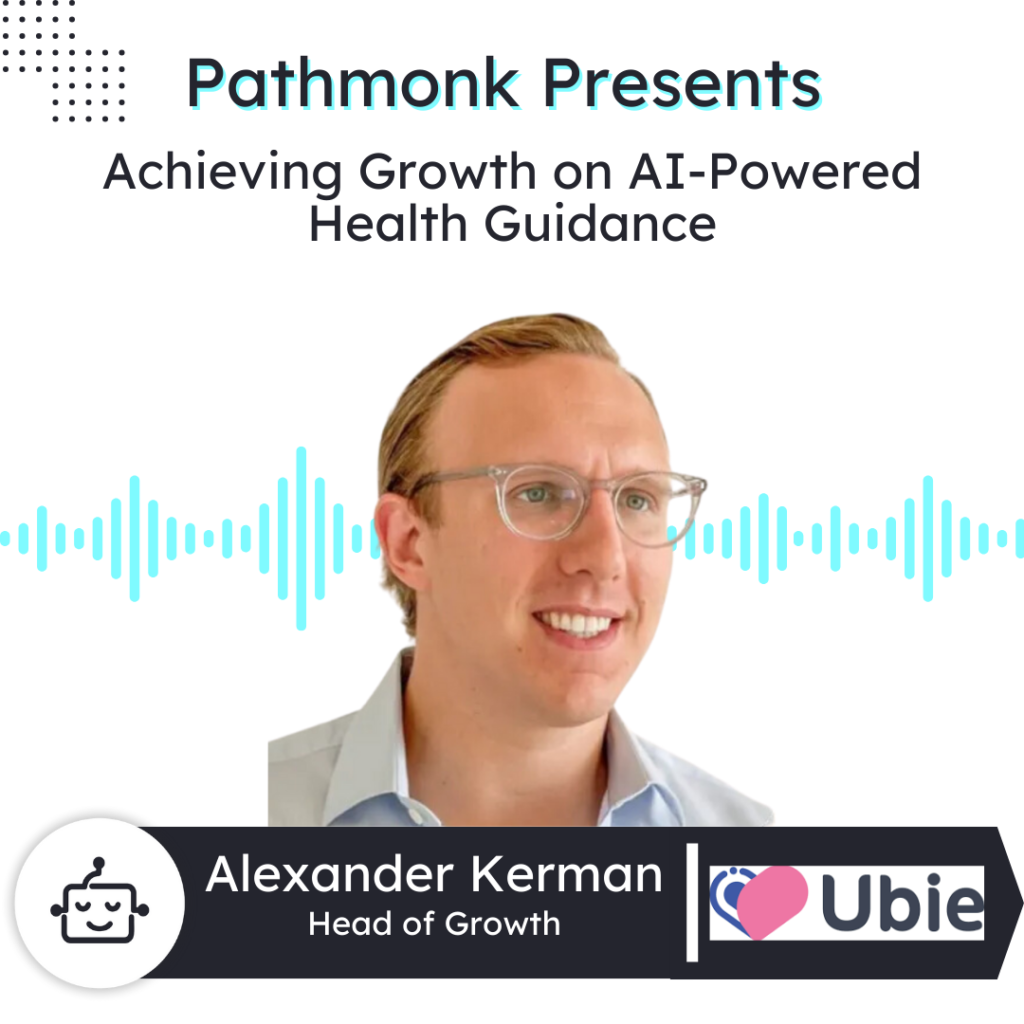
Introduction
In this episode of Pathmonk Presents, we welcome Alexander Kerman, Head of Growth at Ubie Health. Ubie Health is revolutionizing how patients find the right care at the right time using AI-powered technology.
Alexander shares insights on how Ubie Health is creating a better alternative to WebMD and doctor Google, helping patients navigate health information more effectively. He discusses their unique approach to patient engagement, partnerships with pharmaceutical companies, and strategies for user acquisition.
Alexander also delves into the importance of SEO, building partnerships, and the value of user feedback in developing health tech products.
Increase +180%
leads
demos
sales
bookings
from your website with AI
Get more conversions from your existing website traffic delivering personalized experiences.
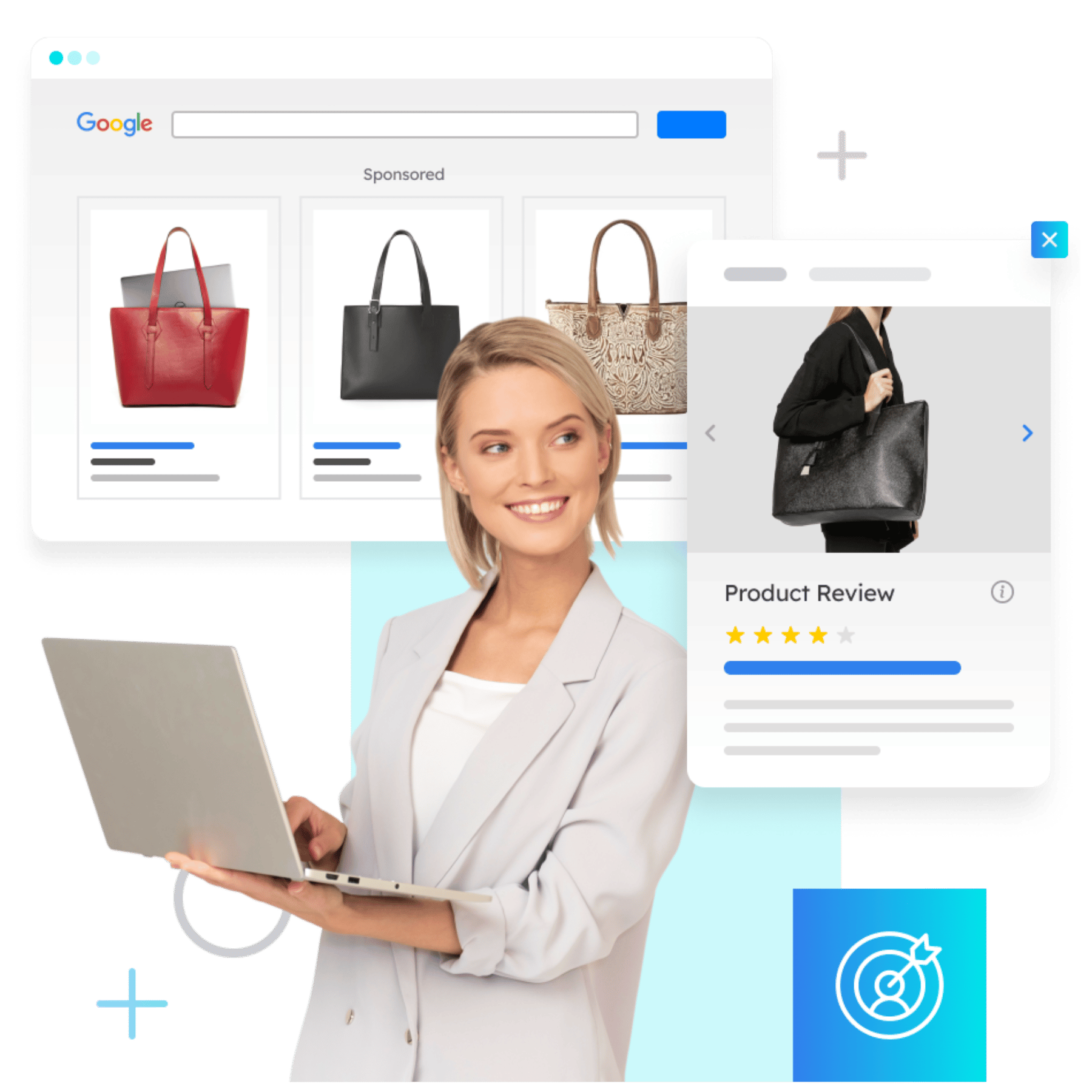
Ernesto Quezada: Pathmonk is the intelligent tool for website lead generation. With increasing online competition, over 98% of website visitors don’t convert. The ability to successfully show your value proposition and support visitors in their buying journey separates you from the competition online. Pathmonk qualifies and converts leads on your website by figuring out where they are in the buying journey and influencing them in key decision moments. With relevant micro-experiences like case studies, intro videos, and much more, stay relevant to your visitors and increase conversions by 50%. Add Pathmonk to your website in seconds. Let the AI do all the work and get access to 50% or more qualified leads while you keep doing marketing and sales as usual. Check us out on pathmonk.com. Welcome to today’s episode. Let’s talk about today’s guest. We have Alexander from Ubie Health, head of growth with them. How are you doing today, Alexander?
Alexander Kerman: Great. Excited for the conversation.
Ernesto: Excited to learn a little bit more. And while I’m sure our listeners are tuning in, wondering what UbieHealth is all about, in your own words, Alexander, tell us a little bit more.
Alexander: Great. So, in a 20,000-foot view, Ubie is all about helping patients find the right type of care at the right time. The easiest way to think about what we do is we’re basically using AI to create a better WebMD or a better doctor Google. Right now, patients are left to figure out what’s relevant to them with very limited context. How are patients supposed to navigate to the right resources and disease pages without a medical background? We’re using AI to personalize that process and to match the right patients with the right information at the right time, then help them pursue definitive care afterward. Additionally, we assist life science clients, or pharma clients, as well as healthcare providers, by delivering better care through both marketing and workflow tools for providers.
Ernesto: Definitely love that. Right? Because, like you mentioned, we all started with WebMD, and it was kind of like the only resource you could trust. I remember when I first started, I’d check my symptoms, and it’d say I might have a serious disease, and it would be quite scary. So, definitely a great initiative.
Alexander: Exactly. We’ve all had that experience where we go on WebMD or Google with a headache and leave thinking we have a brain tumor. That’s not serving anyone. It’s probably delaying more care than it’s facilitating. We’re all about getting better conversations into the clinic and helping patients get on the right treatment quicker.
Ernesto: All right, awesome. So, that way our listeners could get a good understanding of Ubie Health, what would you say are the key problems you’re looking to solve for potential patients?
Alexander: For patients, the biggest question is, “What do I do?” Do I need to go to the hospital? Should I see my primary care physician or a specialist? That “site of care” question is huge. Another key issue is that once patients get to see a doctor, what information do they need to make informed decisions? Right now, it’s really hard for patients to find the right resources. Even with all the money pharma spends on brand websites and disease awareness campaigns, patients often struggle to find what they need or perceive pharma’s own information as biased. That’s a big part of what we address—helping patients find personalized resources that meet their needs.
To your point about avoiding fear, I recently read a patient testimonial where the user thanked us for not saying they had cancer or that they needed to go to the ER immediately. Older tools tend to be risk-averse and not as precise, which can create unnecessary alarm. Our superpower is our feedback loop with 1,700 hospitals and clinics in Japan, where doctors provide input on our recommendations. This allows us to reach about 90% accuracy, with 87% of users getting a diagnosis from a doctor that matches one of the diseases we surface.
Ernesto: Wow, those are some great statistics. So, you mentioned 1,700 hospitals and clinics in Japan. Is there a specific vertical or segment where Ubie Health is most effective?
Alexander: From a user perspective, anyone can use Ubi—it’s free and requires no registration. Just go to ubihealth.com and start right away. As for the verticals we serve, our primary monetization approach is through biopharma. We work with big pharmaceutical companies, helping them find the right patients and engage them longitudinally. Registered users consent to recontacting off-platform, which allows us to send follow-ups, surveys, nudges, and brand promotions. This ability to engage patients over time is unique and adds significant value for our pharma clients and their agency partners.
Ernesto: Absolutely. Great to hear. So, how do users usually find out about Ubie Health? What’s your top client acquisition channel?
Alexander: Right now, search is our main channel, particularly Google search ads targeting symptom-related keywords. We focus upstream, engaging patients who don’t yet know what to search for. In Japan, SEO has been a major driver of growth thanks to our partnerships with clinics and hospitals that have bolstered our domain ranking. Recently, we ran our first mass media TV spot featuring a popular Japanese actor portraying a guiding “finger”—a very Japanese concept that might not fly in the US but worked well for us locally.
Ernesto: That’s fascinating. For our listeners who are tuned in, they can visit you at ubihealth.com. What role does the website play for you, beyond being the primary app?
Alexander: Most of our web presence focuses on the web app, which is the main attraction. But we also have corporate and client landing pages for B2B marketing. We’re exploring ways to enhance this side, including leveraging LinkedIn and potentially tools like Pathmonk. Partnerships, like our recent collaboration with the American Kidney Fund, are crucial for both user acquisition and SEO, allowing us to build backlinks and reach more patients.
Ernesto: Amazing. What strategies or tips would you recommend for website lead generation?
Alexander: Never underestimate the power of a good backlink. Align incentives with your partners, ensuring mutual value. For us, advocacy groups are a perfect fit—they push out resources while we provide the technology. Listen to your end users, conduct experiments, gather feedback, and iterate constantly. Invest in good design—it doesn’t have to be expensive but can make a huge difference.
Ernesto: Great advice. Let’s switch gears and talk about you as a leader. What are some key tasks you focus on day-to-day as the head of growth?
Alexander: My role is multifaceted, involving product, execution, sales, and marketing. A large portion of my time is spent on sales calls and B2B marketing initiatives, especially on LinkedIn, prospecting and engaging with potential clients. It’s a dynamic role that keeps me on my toes.
Ernesto: How do you stay updated with marketing trends and strategies?
Alexander: I follow resources like MM&M, PM360, and Fierce Pharma Marketing. I also recently discovered the AdOps subreddit, which has been a goldmine of insights. Staying informed is a constant effort.
Ernesto: Perfect. Let’s move to our rapid-fire round. First, what’s the last book you read?
Alexander: Swann’s Way by Marcel Proust. It’s a bit dense but rewarding.
Ernesto: If there were no boundaries in technology, what’s one thing you’d want to fix in your role?
Alexander: Access to patient-level data. It could revolutionize healthcare marketing, though it would require advanced privacy measures.
Ernesto: Lastly, what advice would you give your younger self about marketing?
Alexander: Take marketing more seriously from the start. It’s a fascinating field with immense potential for impact.
Ernesto: Great insights. For our listeners, remember to check out ubihealth.com. Thank you, Alexander, for being on the show, and to our listeners, see you in the next episode of Pathmonk Presents.
Alexander: Thank you!




